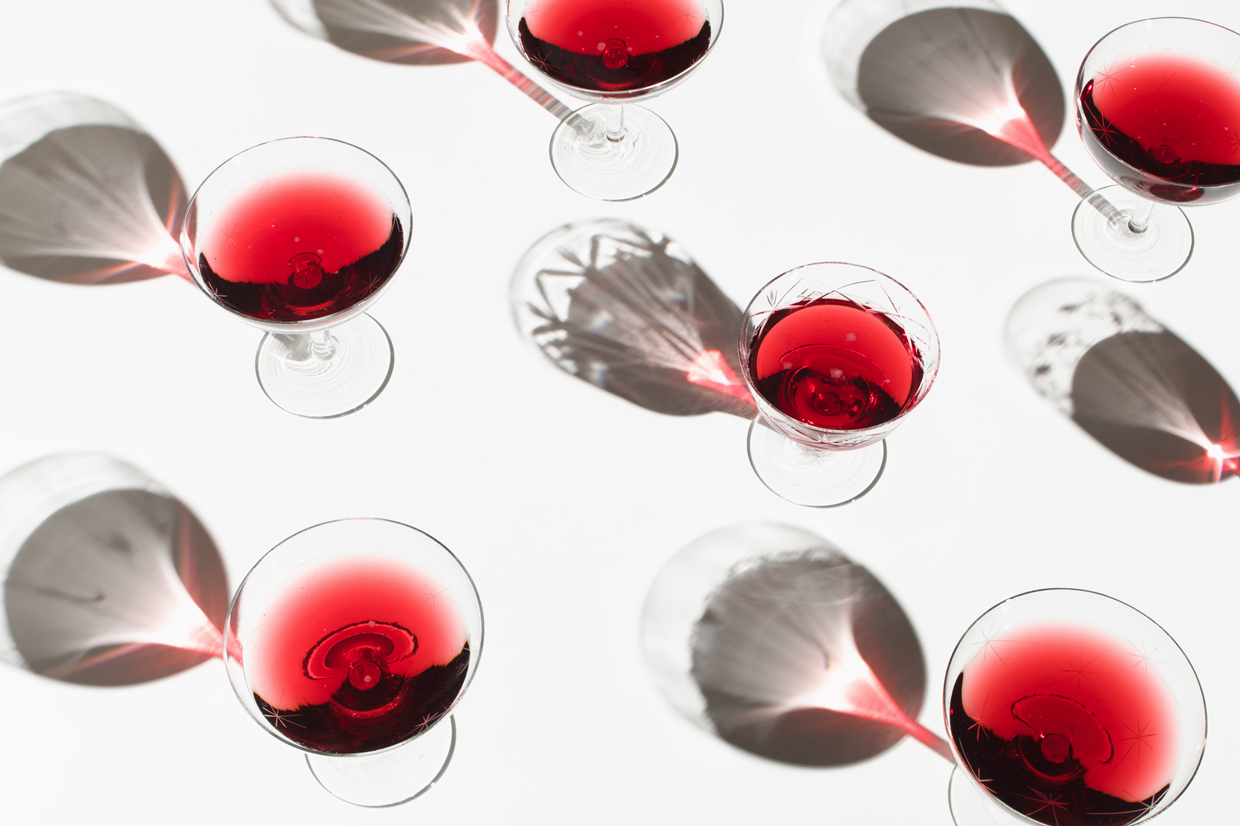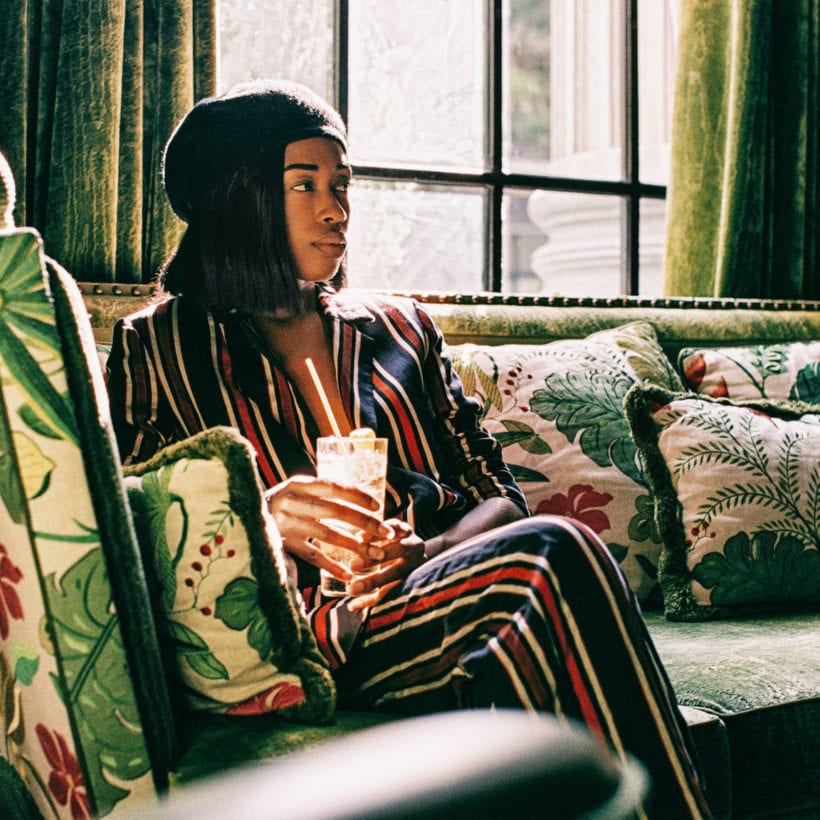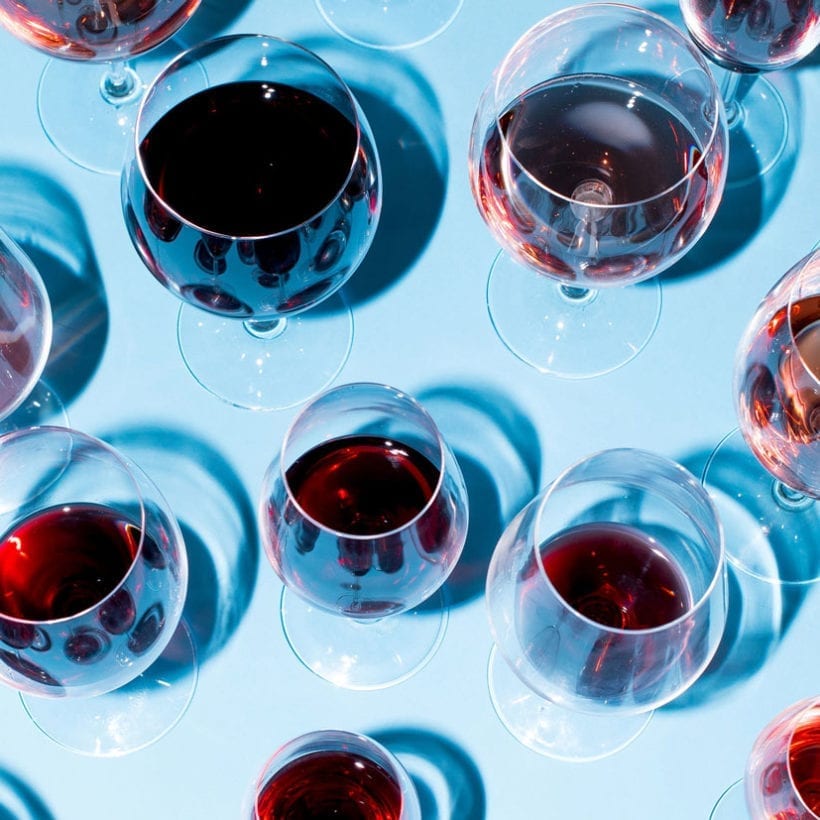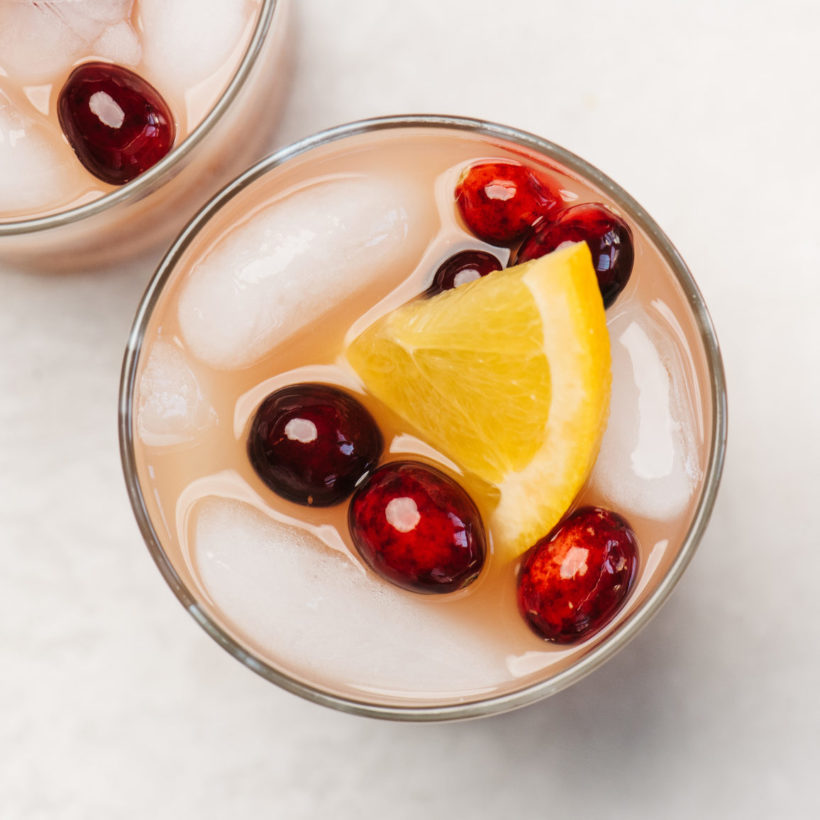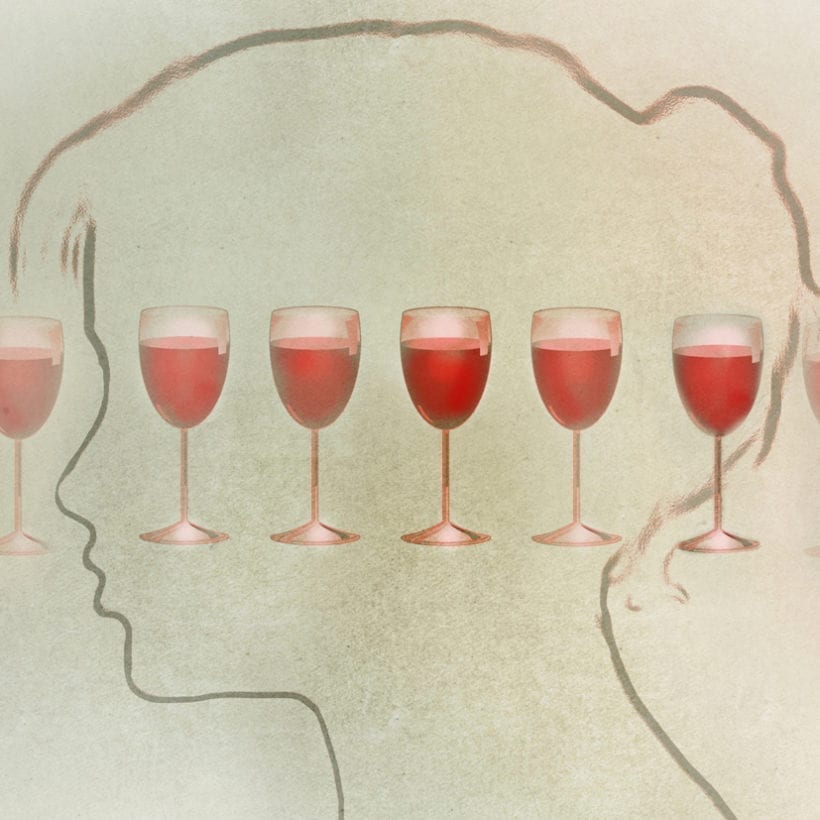During the first week of the pandemic, alcohol sales spiked 54%. Bars may have been closed, but drinking became a common coping mechanism for the isolation and anxiety caused by lockdown — one study found that nationally, we consumed about 1 billion more drinks per month from February to November 2020.
Women — and especially moms — were hit particularly hard. “The added stress of having kids home who needed to be homeschooled plus work obligations…being cut off from social and familial support was difficult,” says Lisa Boucher, author of Raising the Bottom: Making Mindful Choices in a Drinking Culture. Pre-pandemic, alcohol use disorder in women was already increasing at a troubling rate. “COVID became the metaphorical ‘pouring gas on the fire’ moment for alcohol misuse,” says Dr. John Mendelson, chief medical officer of Ria Health.
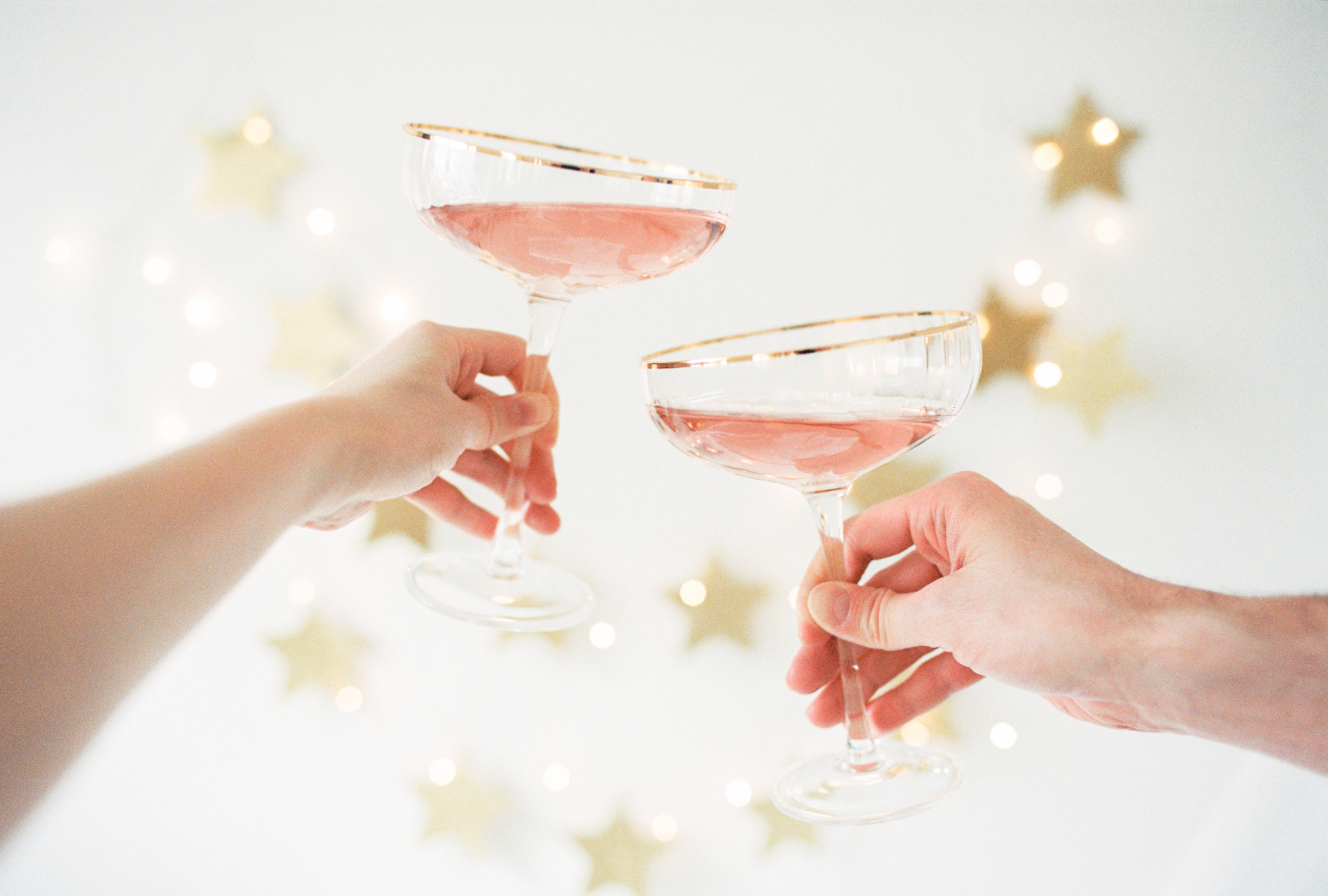
“For some, as we went from social distancing to increased vaccinations and opening up they were able to return to less-harmful social drinking,” says Dr. Mendelson. But for others, the nightly glass of wine (which, let’s be honest, maybe turned into two or three) has stuck around, prompting many people to reevaluate their relationship with alcohol. Especially heading into the holiday season — which, even in normal times, is filled with booze. “A lot of people have gotten ‘Sober Curious’ during this time, asking: Am I drinking too much? How much is too much? Why am I using alcohol the way I do? Is it really serving me?” says Ruby Warrington, who literally wrote the book on the movement.
Should you reevaluate your drinking habits this season?
Before you head into a semi-normal season of holiday festivities, take a moment to take stock of your relationship with alcohol lately. Alcohol misuse can definitely have severe consequences — say, you get fired because you showed up at one too many meetings hungover, or your friends are pulling away because you have a tendency to get belligerent when you go out. But an unhealthy relationship with drinking can also be much subtler — say, you’ve stopped going for morning runs because you feel groggy after your nightly wine, or reaching for seltzer at the end of your workday has become more of a reflex than a decision.
“One of the first signs that your drinking may be problematic is progression,” says Boucher. One glass of wine at night has turned into two — two nights of drinking a week has turned into four. “Progression is one of the earliest warning signs that too many people dismiss. It is quite easy to rationalize why you need that drink, but this is how problematic drinking starts,” she says.
While quantity and frequency are important (one drink per day for women and two for men is what’s considered appropriate by health officials, for the record), you should also pay attention to your mindset when you’re drinking. “When you take a deeper look at your consumption patterns it’s important to evaluate if you find yourself reacting to increased stress with heavier consumption,” says Dr. Mendelson. A glass of wine to relax might sound like “self-care” after a long day of zooms but it’s a slippery slope.
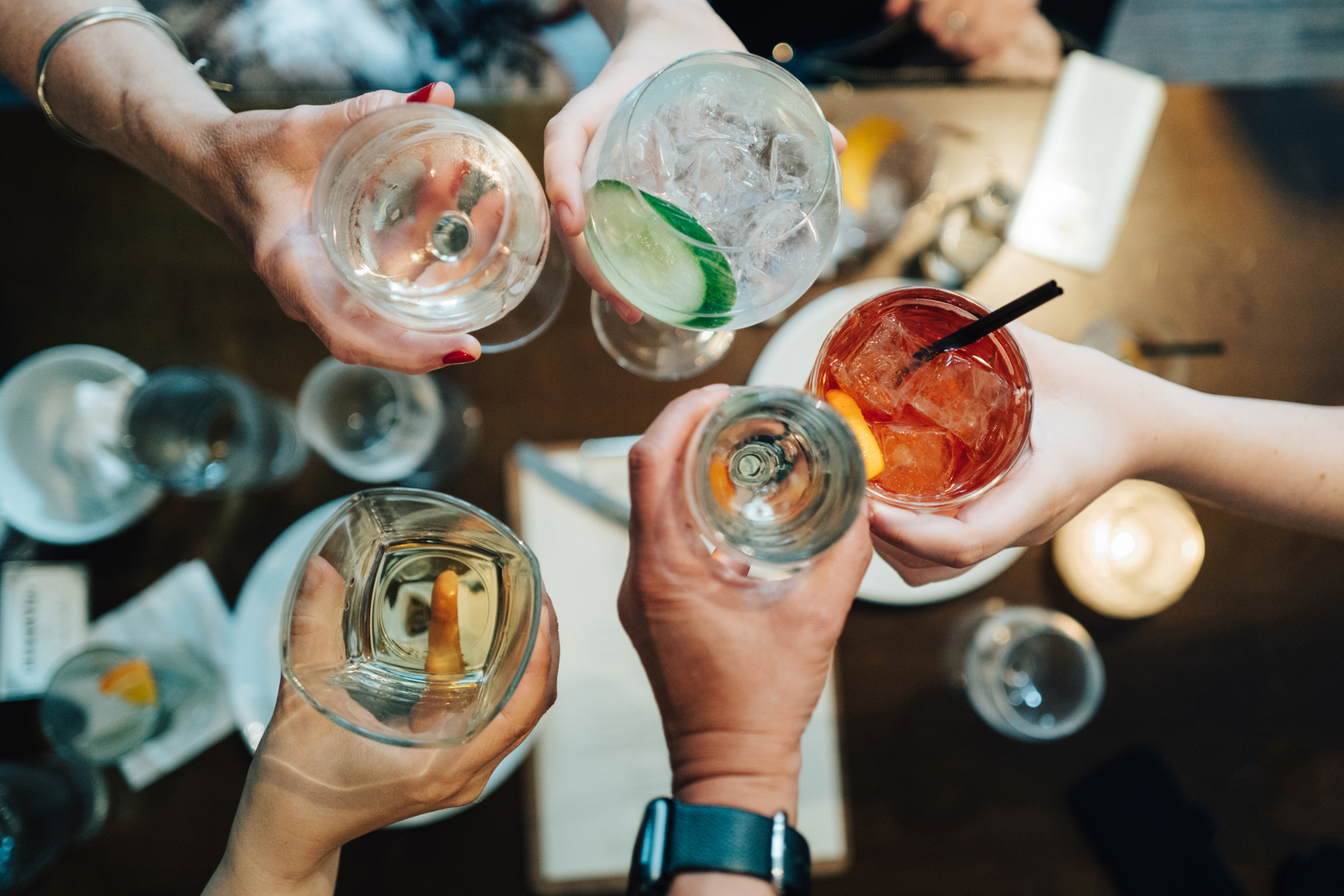
Another major warning sign: “Your consumption patterns are interfering with your relationships, obligations or/and sapping your energy to doing healthy things that you enjoy like exercise or social interactions,” says Dr. Mendelson. “If you observe you’re heavy drinking is interfering with your life in any of these ways it may be time to take corrective action.”
Finally, ask yourself how you feel about the idea of having an alcohol-free season. If the very idea of taking a break gives you anxiety, that’s a real red flag. “This is a sign you have become perhaps more attached to alcohol than is healthy,” says Warrington. “True social drinkers have an off button. It is not hard for them to choose not to drink at some events,” adds Boucher.
How to have a sober(ish) season
Whether you want to try cutting out alcohol entirely, or just want to be more mindful of your drinking habits as you head into the holidays, we asked the experts for their best advice.
Part of the allure of alcohol around the holiday, in particular, is that the drinks are particularly fun (champagne, mulled wine, hot toddies…). There’s no shame in not being excited about the idea of sticking to water all night.
Luckily, the sober curious movement has fueled lots of alcohol-free options that still fall squarely in the fancy drinks category. (If you haven’t had kombucha in a wine glass, have you even lived?) “There are so many great alcohol-free options now, from Athletic Brewing craft beers to Grüvi sparkling rosé, to Lyres nonalcoholic spirits, to options like Ghia, Kin, and Three Spirit,” says Warrington. “Stock up at home or bring them to a party.”
If you’re the one hosting, have at least one fun booze-free drink on the menu. “Many people may be relieved to know that they don’t have to drink alcohol to fit in,” says Boucher. “If other options are openly suggested, that takes a lot of pressure off.”
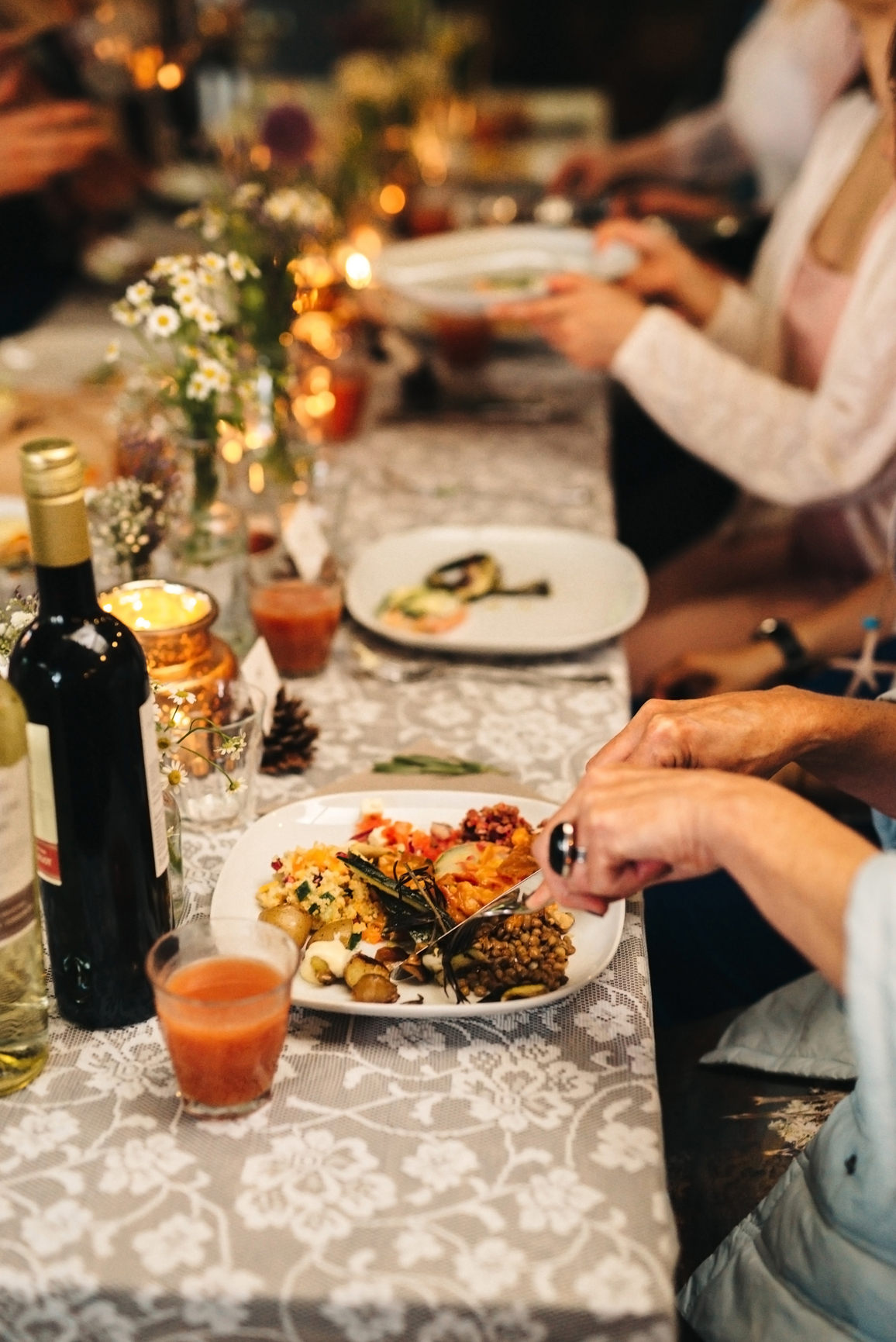
-
Reevaluate your self-care.
Occasionally, a drink might be a way to wind down after a long day. “But if it is your go-to for dealing with stress then it could be problematic,” says Anika Sawni, co-founder of Grüvi.
When you drink alcohol, two things happen: your brain releases dopamine, causing you to feel happy, and your nervous system is inhibited. “This allows you to briefly feel relaxed and reduce feelings of stress or anxiety. However, this is very temporary and can actually feed into an unhealthy cycle,” says Sawni. “When we stop drinking, we’re left feeling even more stressed or anxious than before. In reality, we never actually dealt with our feelings but rather pushed them to the side.”
-
Play peer-pressure defense.
“It is so much easier to cut back if you have a drink of some sort in hand so people will not ask you ‘why aren’t you drinking. When you arrive at a party, head to the bar and get yourself a club soda with lime,” says Boucher.
-
Adhere to the water first rule.
“Start every party with two glasses of water,” says Dr. Mendelson. “It helps cut down on extra appetizers and hydrates you before having an alcoholic drink.” Alternatively, the one-to-one rule (one glass of water for every alcoholic drink) is a classic for a reason: it will help you slow down and stay mindful about your drinking.
-
Know when to say no.
If the very thought of being around a ton of people is already making you want to reach for a glass of wine to take the edge off, “this may be a year where you just say no to some events,” says Boucher. “We do not have to people-please and always say yes!”
-
Remember your motivation.
“Mindset is key,” says Swani. “Instead of thinking that you are missing out or denying yourself, think about all the positives and benefits that come with consuming less alcohol. Some of those positives are better sleep, saving money, being more present, no hangovers, and better skin.”
-
Find support.
“The “Sober Curious Book” Facebook group is a super supportive and non-judgmental space to connect with others on this path,” Warrington recommends. Therapy or another in-person support group are also great options. “There is no shame in checking out an AA meeting — even if it’s just to hear other people’s stories about quitting,” says Warrington.
Finally, don’t underestimate the power of being around like-minded people. Thanks to the flourishing sober curious movement, recent years have seen an increase in alcohol-free social events. Check out local options at Loosid and Meetup.
We only recommend products we have independently researched, tested, and loved. If you purchase a product found through our links, Sunday Edit may earn an affiliate commission.
